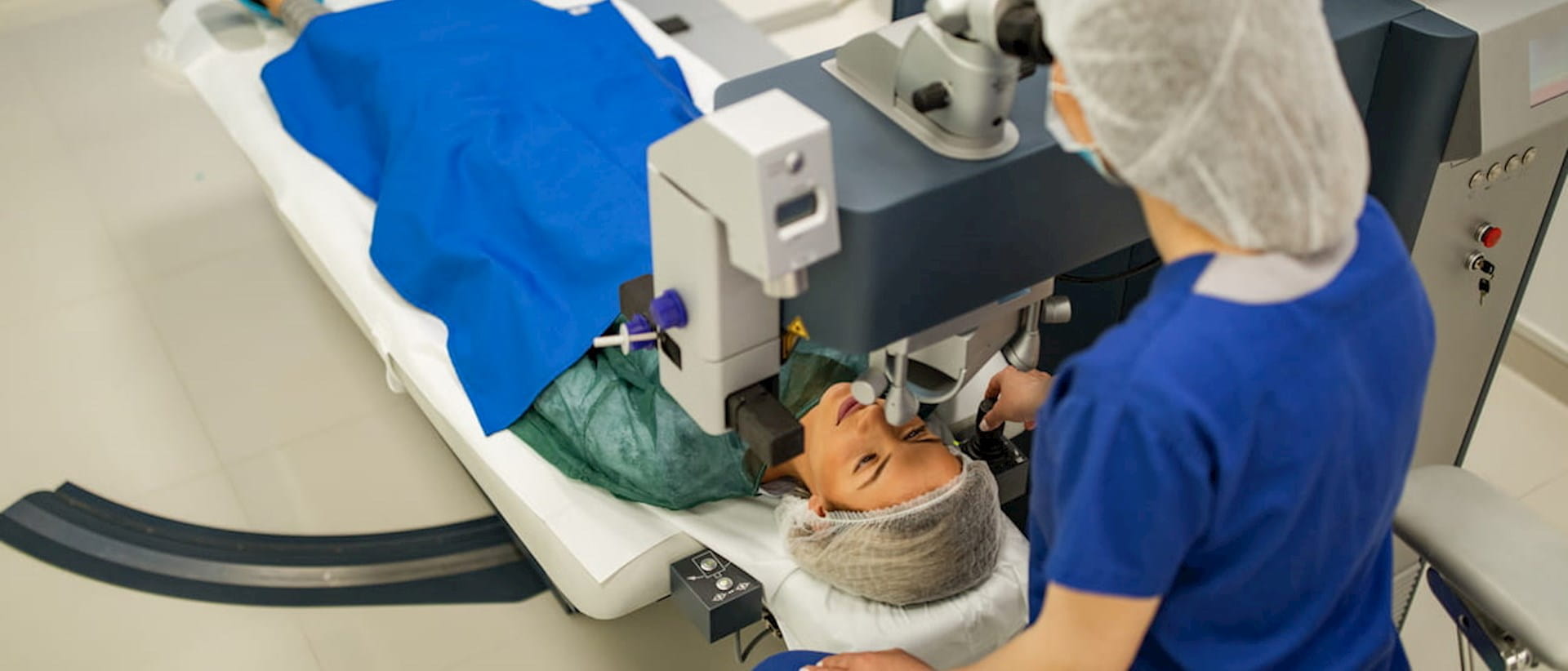AS the health service gradually works its way back to something like a “normal” service, one common query recently to our advice line relates to staff members taking time off to have elective or cosmetic surgery.
Do practices have to give full sick pay to someone who opts to undergo, for example, breast enhancement or laser eye surgery? Or should that employee be asked to take the time as annual or unpaid leave?
The key here is to have a clear understanding of the type of surgery involved and to ensure the practice absence policy details exactly what employees are entitled to.
Statutory rights
Legally, there is no statutory obligation for practices to pay employees contractual sick pay beyond the statutory minimum. This will usually be written into staff contracts and/or practice absence policies. Generally speaking, employees would be allowed to take time off if they are unwell or unfit to work, often with allowances to attend hospital or other similar appointments.
Many policies, however, do not explicitly specify what the situation is with regards to time off for elective or cosmetic procedures. Often, employers want to take a different approach to this type of time off compared to standard sick leave.
What is elective surgery?
Many people think that elective surgery is purely cosmetic, for what might appear to be “unnecessary” things like facelifts or tummy tucks – but in reality it is not that simple. If a patient has agreed to undergo surgery based on medical advice then the absence should be treated under the practice’s normal sick pay provisions.
To help establish if the surgery is for medical reasons, it may be helpful to seek further clarification from a GP or occupational health professional. Bear in mind that employee consent will be needed to access personal information such as the reason for the surgery, the operation date and the recovery period.
Cosmetic surgery can also be medically recommended due to physical or psychological issues, for example an employee requiring reconstructive breast surgery following cancer treatment. Note that surgery related to gender reassignment should be treated as normal sickness absence, due to provisions of the Equality Act, and failure to give this could result in a discrimination claim.
Purely cosmetic
If the surgery is not medically required and is purely for cosmetic or elective reasons, then there is no automatic right to time off. The practice needs to decide how to proceed and should clearly document the process.
If the practice decides not to grant the employee full paid sick leave, then alternatives may be to ask the employee to take the time off as annual leave or unpaid leave.
Following cosmetic surgery, an employee may develop complications or symptoms that leave them unwell and unfit to attend work, requiring a period of sick leave. The question arises here whether they are entitled to contractual sick pay or statutory sick pay (SSP) only.
Deciding sick pay
There is no statutory definition of what counts as sickness in regard to being eligible to receive SSP but one of the factors to consider is whether the employee is unfit and incapable of working. If an employee who has surgery is subsequently signed off work by their GP, for precautionary or convalescent reasons, then they will be classed as sick and eligible to receive SSP.
In this scenario, the practice would be within their rights to only pay SSP for the absence and not contractual sick pay. But in order to do this, the sick pay policy would need to specifically state that only SSP will be paid to employees who are off sick due to purely cosmetic or elective surgery. However, if it transpires that the surgery is medically recommended then contractual sick pay should be paid.
As you can see it is important that the practice’s sickness absence policy specifically details this situation so that employees are clear on how such matters will be dealt with and paid. Ideally the policy would include examples of what is considered as pure cosmetic/elective surgery and what medical evidence needs to be provided for employees to receive contractual sick pay.
Employment law resources
MDDUS members can login to their online account to access a range of employment law resources, including suggested policy wording for the employee handbook.
This page was correct at the time of publication. Any guidance is intended as general guidance for members only. If you are a member and need specific advice relating to your own circumstances, please contact one of our advisers.
Read more from this issue of Insight Dental

Save this article
Save this article to a list of favourite articles which members can access in their account.
Save to library

